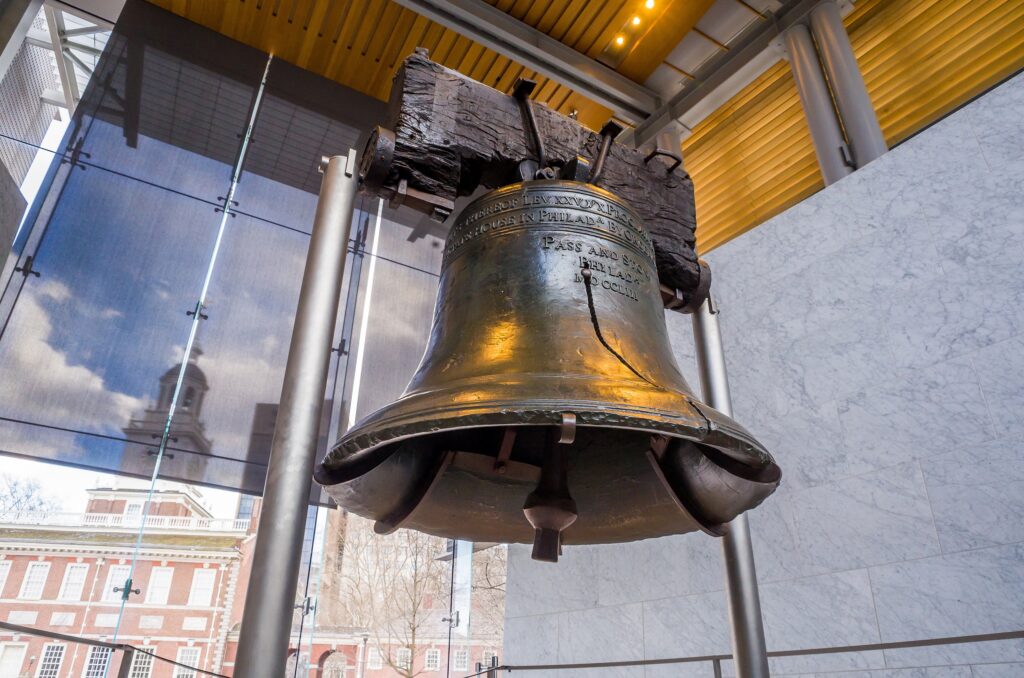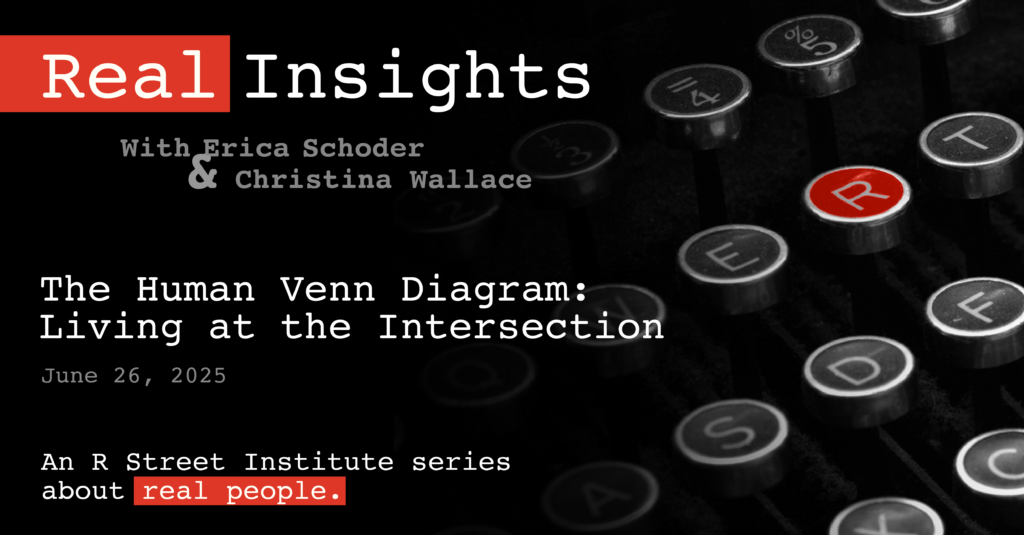California Cops Can’t Hide Body Cam Footage of Police Shootings Anymore
The wheels of justice turn slowly, but they turn even more slowly when it comes to achieving substantial legislative reform. With little fanfare and no statement, Gov. Jerry Brown signed a bill that allows the public to learn details from investigations of police shootings, major use-of-force incidents and officers who may have falsified reports, planted evidence or committed a sexual assault. This is a no-brainer in a free society, but it took civil libertarians 12 years of work to overcome the scare tactics of police unions, GOP legislators and other members of the Secrecy Lobby.
I’ve had plenty of issues with Brown, but his signing of Senate Bill 1421—and his same-day signing of Assembly Bill 748, which requires police departments to release body camera footage of most use-of-force incidence within 45 days—certainly redeems his governorship in my eyes. The new laws bring us closer to the state of affairs that existed before 2006, when a dreadful California Supreme Court decision slammed the door on openness and police accountability. Since then, police agencies have had free reign to protect their worst officers.
The 2006 case, Copley Press v. County of San Diego, centered on the San Diego Union-Tribune‘s effort to gain access to a disciplinary hearing involving a deputy sheriff who was appealing his termination from the force. The court found that the public has no right to learn about the goings-on in a civilian-service commission or virtually anything about misbehaving officials. It rejected the Court of Appeals’ conclusion that the public has a right to access government information and quoted from a shockingly Orwellian 1978 ruling: “There is no constitutional right to have access to particular government information, or to require openness from the bureaucracy.”
The results were predictable. Unions demanded—and gained—secrecy. Cities restricted their civilian-review boards. The public couldn’t get access to information even after the most egregious-seeming incidents. Progressive California became the most regressive state when it comes to holding accountable its most powerful officials. Things have improved slightly only because of the ubiquitous nature of cellphone cameras, but police use-of-force incidents have become such flashpoints because the public can’t trust the police departments when they can so easily hide information.
As someone who has covered some of these use-of-force incidents, I’ve learned that agencies rarely release videos or internal reports unless that information bolsters the story of the officer. Otherwise, it’s none of our business. After an officer shoots to death an unarmed person, the police tell us not to jump to conclusions – but to wait until the report is done. But after the report is done, we don’t usually get to read it. As the ACLU of Northern California explained, Copley“has effectively shut off all avenues for the public to learn about misconduct involving individual police officers.”
Since then, advocates for government openness have tried to reform Copley, but to no avail until this year. I covered an appalling Capitol hearing for the Orange County Register in 2007 in one of the earliest iterations of a Copley reform. The committee chairman saved the front seats in the room, usually reserved for legislators, for the bill’s opponents. The fix was in.
As I wrote, then-Assemblyman Jose Solorio, now a Santa Ana councilman, “gave a bizarre, rambling speech complaining about the rapper Ice-T, about rap-music lyrics in general, worrying about the effect of open government on police recruitment efforts and claiming that police already are vilified by the public. He then offered Sen. (Gloria) Romero the chance to withdraw her bill. She defiantly refused. None of the committee members had the guts to offer a motion to vote on the bill.” The audience was thrilled at this display of power politics.
That alliance of union-backed Democrats and law-and-order Republicans has put the kibosh on such reforms in the ensuing years. I’ve been particularly steamed at the Republicans, given their constant rhetoric about limited government and constitutional rights. As I wrote for again in 2016, after yet another limited attempt to open post-Copley public records failed, “Politicians from the party of Reagan and Lincoln should instinctively know the dangers of giving government officials unaccountable power. That so few of them do is a reminder that, when many of them talk about liberty, all the rest of us should hear is ‘blah, blah, blah.'”
The final vote on S.B. 1421 had only one Republican “aye” in the Senate and only four GOP “ayes” in the Assembly. The final A.B. 748 vote had no Republican “ayes” in the Assembly and only one in the Senate—from the philosophically consistent John Moorlach of Costa Mesa, who voted yes on both measures. It’s taken a dozen years to at least partially fix an injustice perpetrated by the court, but justice long delayed is better than justice permanently denied. I guess that makes this victory sweeter than ever.
This column was first published in the Orange County Register.








